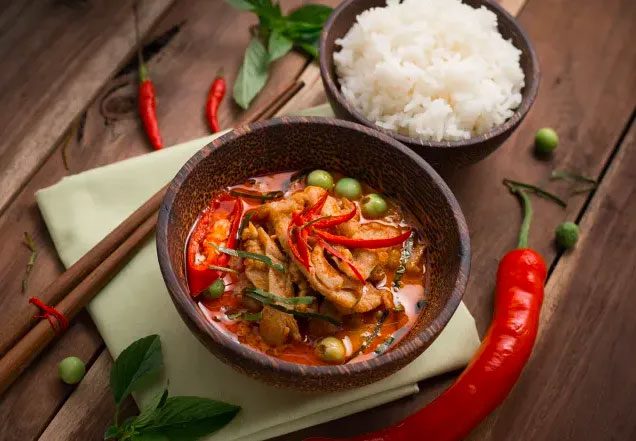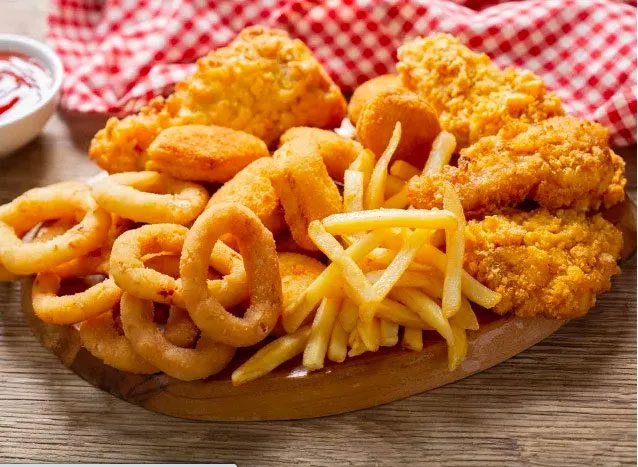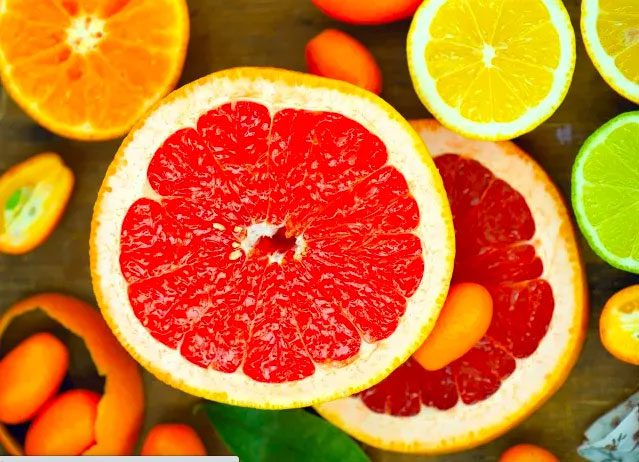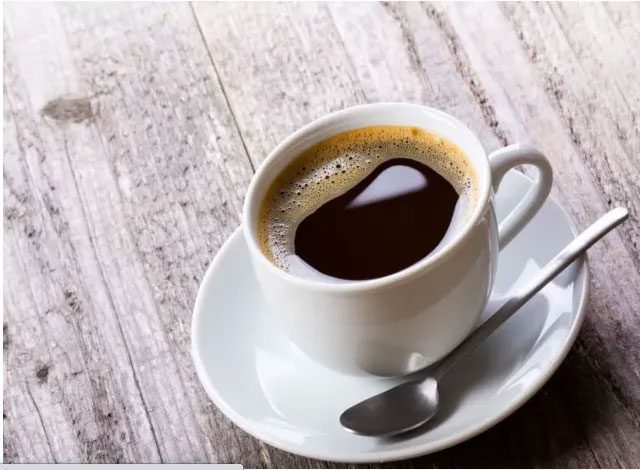If you experience a burning sensation in your chest after eating, late at night, or when lying down or bending over, you may be suffering from heartburn.
Foods to Avoid for Heartburn Sufferers
If this occurs occasionally, there’s no need to worry too much. Heartburn can often be managed by adjusting your food and drink choices or using some over-the-counter medications.
According to nutrition expert Lisa Moskovitz, CEO of NY Nutrition Group and author of the Core Healthy Eating Plan, you should avoid the following foods if you want to prevent heartburn:
1. Spicy Foods

Instead of using spicy seasonings, consider swapping them for milder flavorings.
Expert Moskovitz states: “Spicy foods contain capsaicin, which can irritate your esophageal lining and cause food to linger longer in your stomach, increasing heartburn.”
Therefore, rather than using those spicy seasonings, Moskovitz suggests swapping them for gentler flavorings like salt, rosemary, oregano, thyme, basil, and ginger.
2. Fried Foods

Some fatty foods, such as fried foods, can irritate the esophagus.
Moskovitz explains: “Some fatty foods, like fried foods, can irritate the esophagus and relax the protective sphincter that keeps stomach acid at bay.
If you’re craving crispy fried dishes, try opting for oil-free fried options. Alternatively, consider baking, steaming, or other low-fat cooking methods if acid reflux is a health concern for you.”
3. Citrus Fruits

Citrus fruits rich in vitamin C are not friendly to your upper digestive tract.
Moskovitz states that while citrus fruits rich in vitamin C, such as oranges, lemons, and grapefruits, are great for your immune system, they are not friendly to your upper digestive tract. These fruits contain high levels of citric acid—what gives citrus fruits their distinctive tart and sour taste—which can increase stomach acid production, a primary culprit of that burning sensation in the chest.
However, to minimize discomfort when consuming high citric acid fruits, you can opt for a variety of nutritious and less irritating fruits like berries, bananas, and apples.
4. Coffee and Caffeine

Coffee can increase the secretion of acidic gastric juices and relax the lower esophageal sphincter.
Coffee can be great for providing you with energy and improving focus. However, it can also increase the secretion of acidic gastric juices and relax the lower esophageal sphincter, allowing those acids to reflux into the esophagus.
If you are struggling with heartburn, Moskovitz recommends gradually cutting back on coffee and choosing lower-caffeine beverages such as decaffeinated coffee, tea, or naturally flavored water.
5. Kombucha Tea

Kombucha tea can exacerbate certain digestive symptoms.
Moskovitz states: “We know that kombucha is trending as a popular drink that benefits gut health, but ironically, it can simultaneously exacerbate certain digestive symptoms.”
According to expert Moskovitz, kombucha is not only acidic but also carbonated—both of which can increase gastric juice secretion and cause symptoms. She suggests: “If this is an issue for you, consider supplementing gut-friendly bacteria from other fermented foods, including Greek yogurt, kimchi, kefir, and probiotic supplements.”


















































